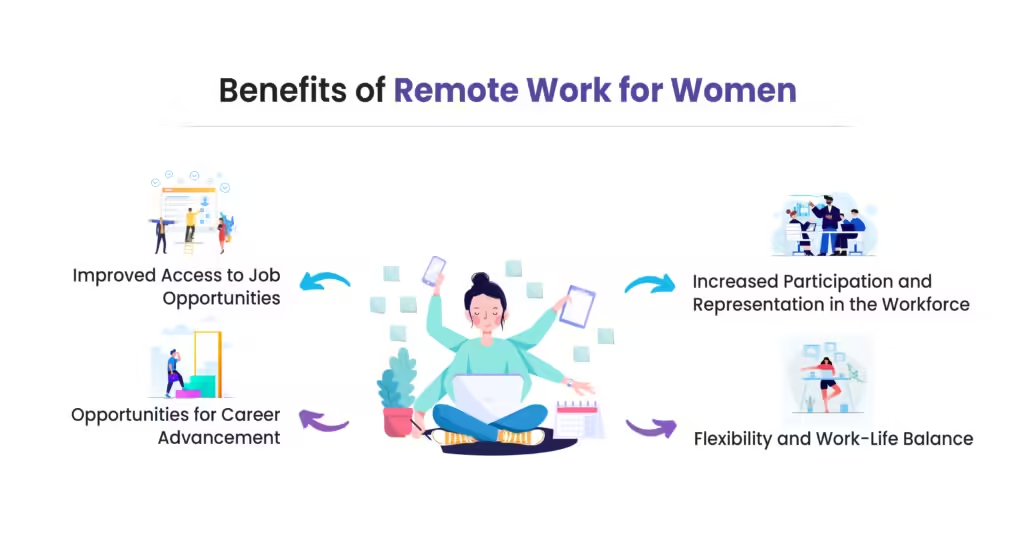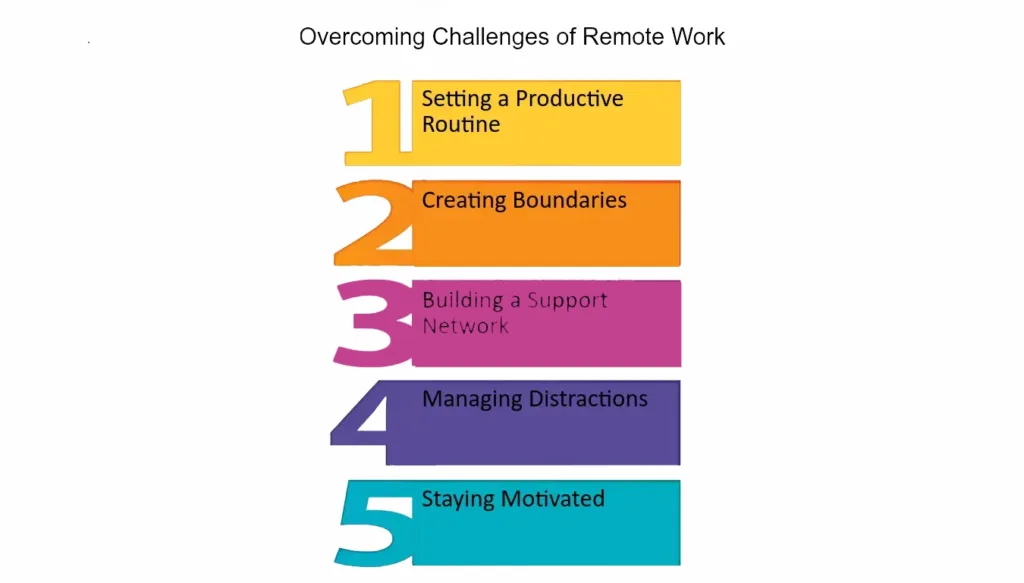Remote work has become increasingly popular in recent years, as it offers a number of benefits for both employees and employers. However, underrepresented groups may face unique barriers to accessing and succeeding in remote work arrangements.
In this article, we will discuss some of the key barriers to remote work for underrepresented groups and explore strategies for overcoming these challenges.
Barriers to Remote Work for Underrepresented Groups
There are a number of barriers that can make it difficult for underrepresented groups to access and succeed in remote work arrangements. Some of the most common barriers include:
- Lack of access to technology: Underrepresented groups may be less likely to have access to the technology needed for remote work, such as a computer, internet connection, and a quiet workspace.
- Lack of training and support: Underrepresented groups may not have the training and support needed to succeed in a remote work environment. This may include training on how to use remote work tools and resources, as well as support for managing work-life balance.
- Bias and discrimination: Underrepresented groups may face bias and discrimination in the workplace, which can make it difficult for them to access remote work opportunities or to succeed in remote work roles.
- Childcare and caregiving responsibilities: Underrepresented groups may be more likely to have childcare and caregiving responsibilities, which can make it difficult to balance work and family life.
- Geographic location: Underrepresented groups may be more likely to live in rural or remote areas, which can make it difficult to access remote work opportunities.

Strategies for Overcoming Barriers to Remote Work
There are a number of strategies that can be used to overcome the barriers to remote work for underrepresented groups. Some of the most effective strategies include:
- Providing access to technology: Employers can provide access to technology, such as computers, internet connections, and quiet workspaces, to employees who need it.
- Offering training and support: Employers can offer training and support on how to use remote work tools and resources, as well as support for managing work-life balance.
- Promoting diversity and inclusion: Employers can promote diversity and inclusion in the workplace by implementing policies and practices that are designed to create a welcoming and inclusive environment for all employees.
- Offering flexible work arrangements: Employers can offer flexible work arrangements, such as part-time work or telecommuting, to employees who need it.
- Supporting childcare and caregiving: Employers can support childcare and caregiving by offering childcare subsidies or other benefits.
- Partnering with community organizations: Employers can partner with community organizations to help underrepresented groups access remote work opportunities.

Conclusion
Remote work offers a number of benefits for both employees and employers. However, underrepresented groups may face unique barriers to accessing and succeeding in remote work arrangements. By implementing strategies to overcome these barriers, employers can help to create a more equitable and inclusive workplace.
Additional Resources



